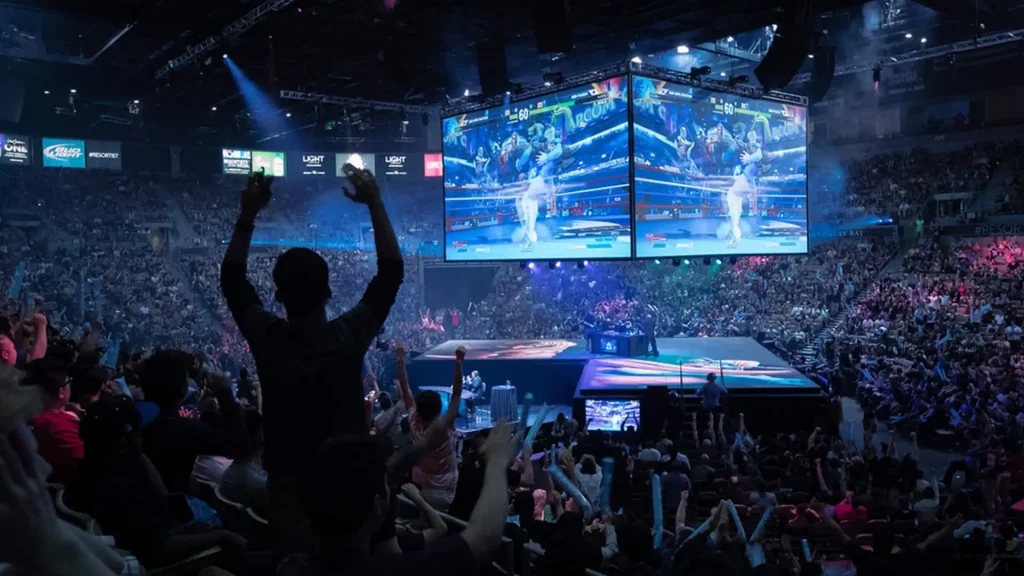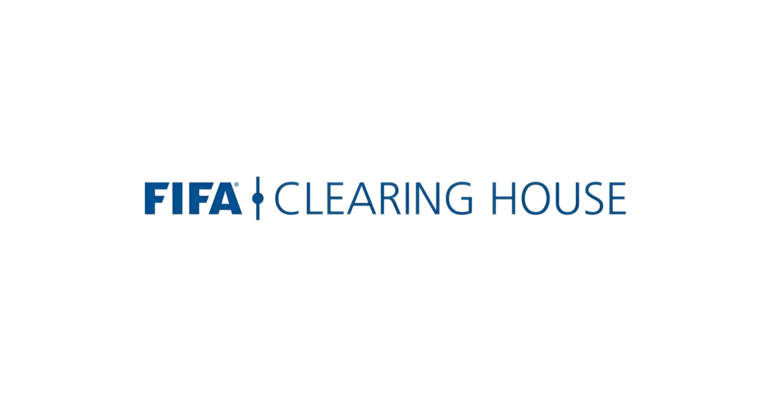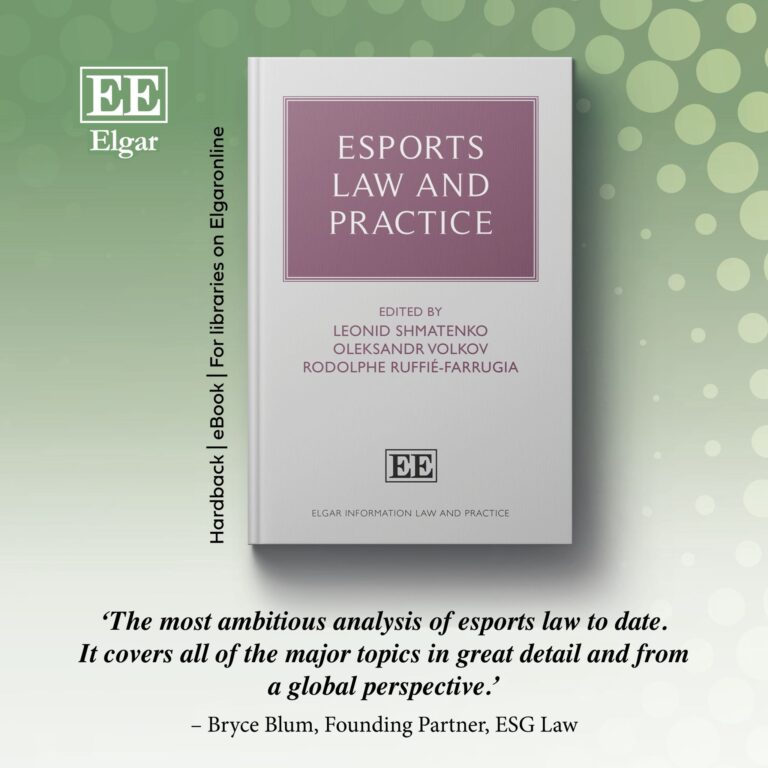E-SPORTS – LEX SPORTIVA OR LEX MERCATORIA?
E-sports are evolving. We decided to have a look on it from sports law perspective. In this regard we present our publication. Our article is featured in the prestigious Esports Legal News (ELN) journal, and we are honored to contribute to their esteemed publication.

E-Sports Lacks a Legal Home
E-sports has created a global ecosystem. Yet its legal identity remains in question. Is it a sport or a business? The answer shapes how disputes are resolved. Traditional arbitration systems fall short because e-sports doesn’t fit neatly into old models.
No Room for Lex Ludica in E-Sports
In traditional sports, referees enforce the rules. Their judgment forms part of Lex Ludica—a zone where legal systems don’t interfere. But the industry doesn’t need this. Developers build games with fixed, coded rules. Software manages fairness. There’s no room—or need—for referee discretion.
Instead, balance and enforcement happen at the design level. Frame data, hitboxes, and anti-cheat tools govern outcomes. Updates from developers set the terms. That makes Lex Ludica obsolete in e-sports settings.
Shared Legal Ground With Sports
Still, the industry mimics many elements of traditional sport. Athletes sign contracts. Organizers manage integrity. Events follow structured competition formats. Disciplinary issues like cheating and doping occur. Mental and physical stress levels rival elite sport. These parallels support applying Lex Sportiva in many disputes.
Flaws in the Current Arbitration Setup
The International Esports Federation (IeSF) tried to build a sports-style system. It referred disputes to the Court of Arbitration for Sport (CAS). But it failed to require member federations to adopt the same. This breaks the legal chain. Athletes or organizers can avoid arbitration and head to national courts.
Worse, this weakens awards under the New York Convention. If parties aren’t properly bound to arbitration, courts may reject enforcement.
Which Law Applies to e-sports? Context Matters
Disputes in the industry vary. Some are ethical. Some are commercial. Others fall between.
Lex Sportiva applies to:
- Doping and cheating cases
- Match-fixing or e-doping
- Player behavior and sanctions
Lex Mercatoria applies when:
- Disputes involve sponsorship or IP
- Contract terms govern broadcasting rights
- Cases involve pure commercial value
When are both combined?
- Employment contracts involve game ethics
- Service terms intersect with player rights
- Legal relationships involve federations and publishers
Why a New Legal Structure Is Needed
E-sports needs its own arbitration court. It must understand game mechanics and player realities. It should mirror CAS in structure but adapt to gaming’s specifics. Until then, arbitrators must act case by case. They must identify each dispute’s core. If it reflects sport ethics, they should use Lex Sportiva. If it reflects business law, then Lex Mercatoria fits. Some cases need both.
The article is open-access, and can be found here: ESPORTS – LEX SPORTIVA OR LEX MERCATORIA? | Esports Legal News,
Read our other articles here.





